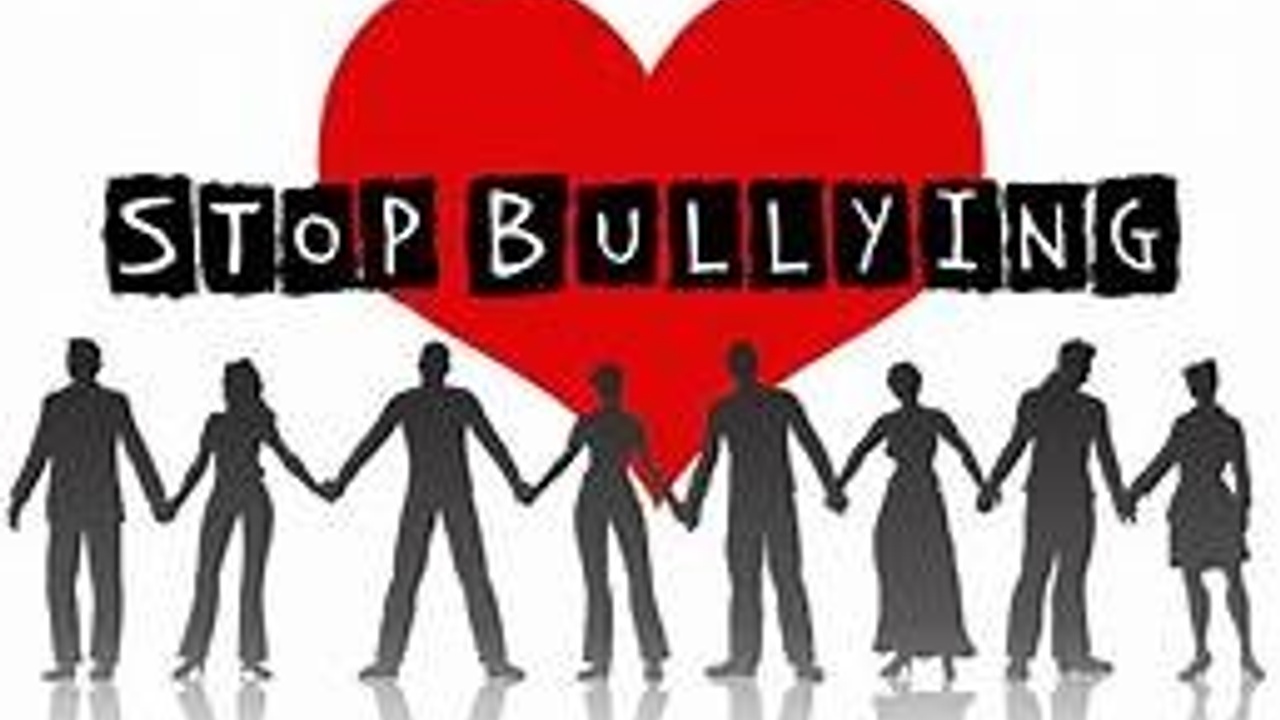
Coping With Bullying
Mar 02, 2022Coping with Bullying
A study published in 2020 found that nearly 50% of kids experience bullying by age 10. While most bullying instances happen at school, this study also found a heavy occurrence of cyberbullying. As you know, bullying has a significant effect on children. Bullying can cause depression, anxiety, and social anxiety. In some cases, an individual who has endured bullying can develop post-traumatic stress disorder and social withdrawal. Bullying isn’t just a childhood issue; it affects many teens and adults too. No matter the age of the victim or type of bullying, the mental health consequences remain similar.
The Mental Health Implications of Bullying
According to Tom Thelen, a youth-centered motivational speaker who specifically speaks on mental health and bullying prevention—there are three main components to bullying:
- The behavior is intentional
- It’s a power grab (someone is trying to control, dominate, or criticize someone else)
- It’s repeated behavior (not a one-time occurrence)
Whether in the schoolyard, at home, at your workplace, or online—bullying typically occurs in the following ways:
- Physical intimidation or harm, including punching, spitting on, kicking, tripping, etc…
- Social exclusion, intentionally making fun of the victim, teasing, name-calling, and/or insults)
- Threats, property destruction, or making the victim do something s/he doesn’t want to do
- Spreading rumors or lies about the victim(s)
Bullying has a negative impact on mental health and overall wellness that can last for years if not addressed. Being bullied as a child or teen can affect someone well into adulthood, and make socializing and meeting milestones difficult. Victims of bullying can end up suffering from:
- Low self-esteem
- Anxiety
- Social anxiety and/or social withdrawal
- Depression
- Panic disorders
- Agoraphobia (especially to places where they experienced bullying or social places)
- Loss of independence
Getting help
If someone you know is actively struggling with peer-to-peer bullying, here are some ways you can help them:
- Speak up
- Offer a safe space / friendship
- Make sure they’re safe
- Report the bullying to the proper authorities
- Use StopBullying.gov and Pacer.org/bullying for more free insights and resources for kids
As a parent who is trying to help your child, teen or young adult overcome the damaging effects of bullying, Brilliant Life Community can offer you support and teach you some non-traditional coping skills that can help your child regain their confidence and social independence. Tre™ exercises are designed to help you regulate your emotions and calm your nervous system.
As the saying goes, you can’t pour from an empty cup. Tre™ can help parents restore their inner peace and energy, so you’re better able to help your child overcome their obstacles. You can start now by learning two simple exercises that can have a positive impact on your ability to think more clearly, calm your emotions, increase your energy, and ultimately help your child cope with the effects of bullying. Learn more by downloading our free guide here.
Never miss a new blog or announcement! Sign up to receive notifications for our upcoming exclusive classes and free resources.

